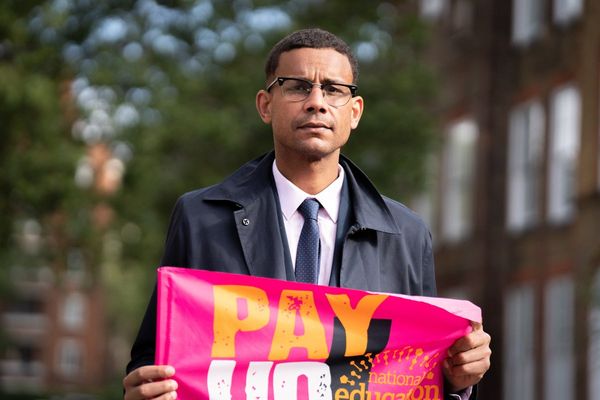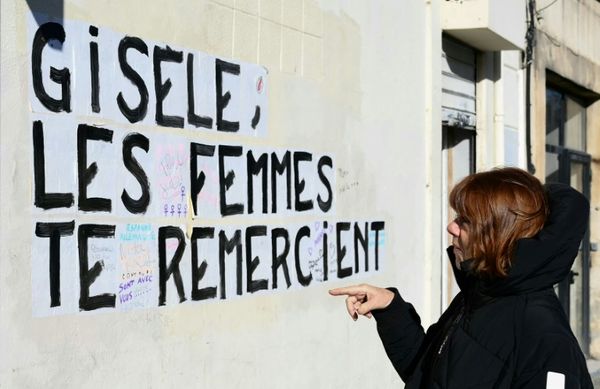India on Tuesday rejected the concerns of a team of United Nations experts about the current situation in Manipur saying the report is “unwarranted, presumptive and misleading”. The response came hours after a team of experts under the auspices of the U.N. expressed ‘alarm’ about reports of human rights violations in Manipur. The experts pointed out “inadequate humanitarian response” during the ongoing fight between the Meiteis and the Kukis of Manipur that began in the first week of May and has continued ever since.
“The Permanent Mission of India completely rejects the news release as it is not only unwarranted, presumptive and misleading but also betrays a complete lack of understanding on the situation in Manipur and the steps taken by government of India to address it,” a statement issued by the Indian Permanent Mission at the U.N. Office in Geneva declared.
It reiterated that India was dealing with the situation in Manipur as per its democratic norms while ensuring respect for human rights and said, “the situation in Manipur is peaceful and stable and government of India is committed to take requisite steps to maintain peace and stability.”
Also read | Manipur ethnic violence | In an armed conflict, the war on women
Nineteen experts led by Reem Alsalem, Special Rapporteur on violence against women and girls, expressed concern about the evolving situation in Manipur and called upon the government of India to ensure speedy justice for the victims of ethno-communal violence. “It is particularly concerning in that the violence seems to have been preceded and incited by hateful and inflammatory speech that spread online and offline to justify the atrocities committed against the Kuki ethnic minority, particularly women, on account of their ethnicity and religious belief,” a statement from the experts said.
They urged the Indian authorities to ensure relief efforts to ensure “robust and timely action to investigate acts of violence and hold perpetrators to account, including public officials who have aided and abetted the incitement of racial and religious hatred and violence.”
The Indian response questioned the domain of the U.N. experts in addressing the human rights situation in India and said they should have waited for “inputs from the government of India” before releasing comments for the media explaining, “The Permanent Mission of India hopes that in future, the Special Procedure Mandate holders would be more objective in their assessment, based on the facts, and refrain from commenting on the developments, which have no relevance to the mandate given to them by the council and abide by the established procedure for issuing news releases.”







